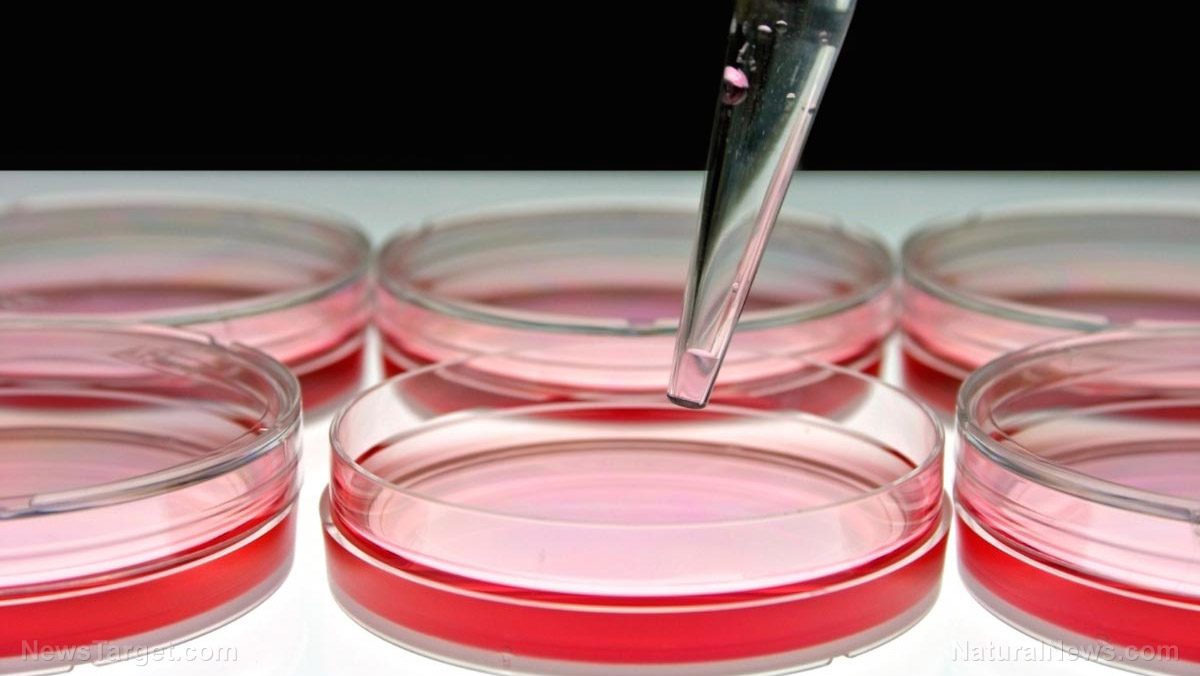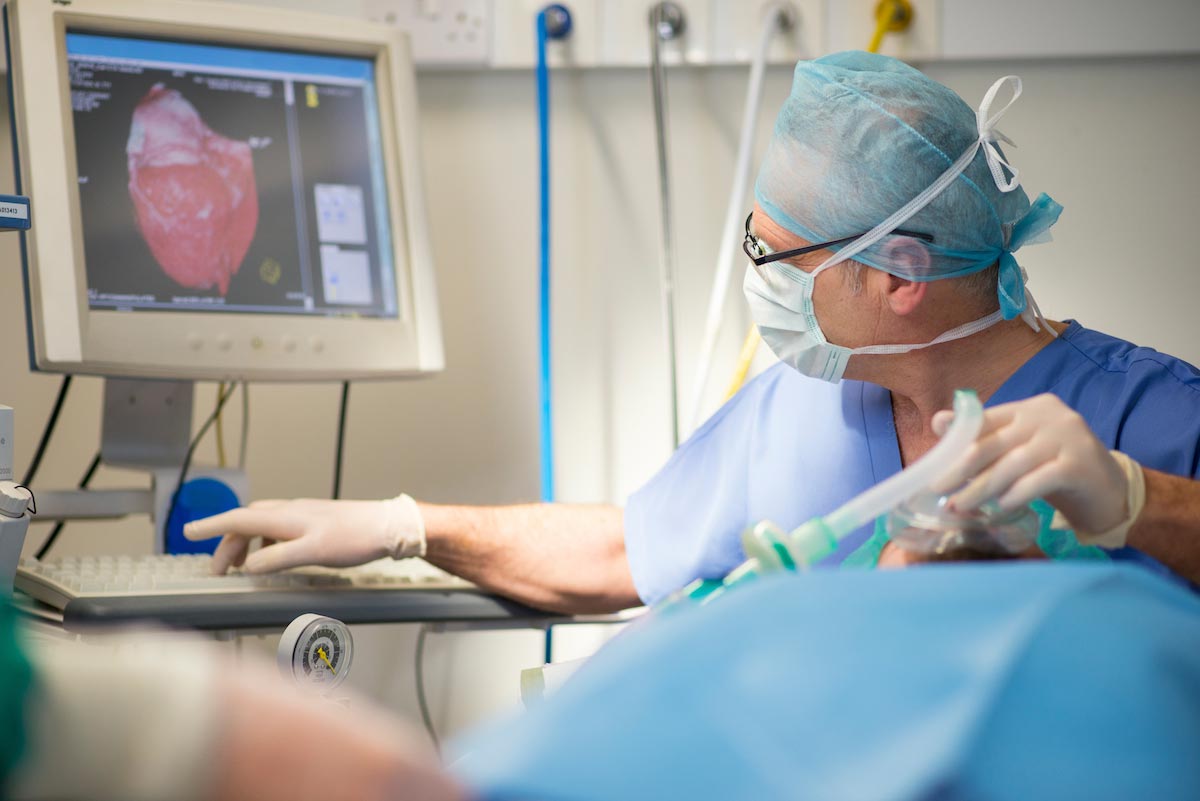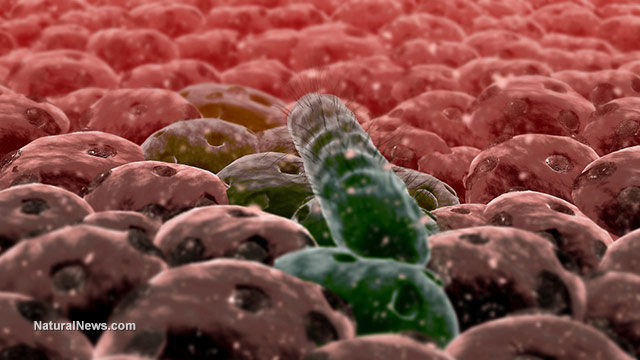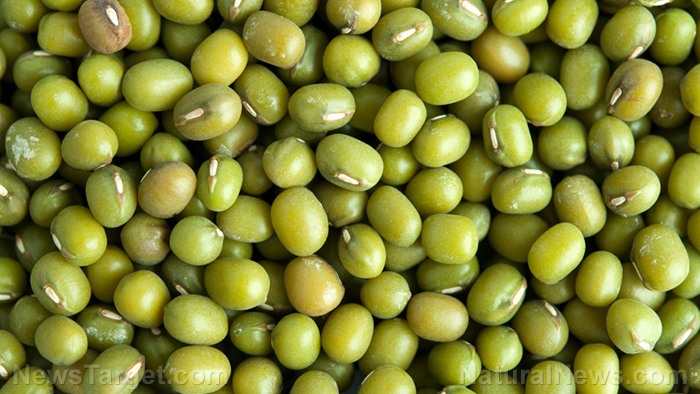The powerful antihyperlipidemic effect of celery seeds
01/16/2019 / By Ellaine Castillo

It’s nice to munch on a few sticks of celery (Apium graveolens) every now and then, but these aren’t the only beneficial parts of the plant. Numerous studies have shown that celery seeds confer many health benefits as well. Recently, a team of scientists from India found that one of the possible therapeutic uses of celery seeds is maintaining healthy cholesterol levels.
Celery seeds can be found either as whole seeds, extracts, or in its crushed form, which is commonly used as a spice. They have a long history of medicinal use, which began hundreds of years ago when they were used by practitioners of Ayurvedic medicine as a remedy for colds and inflammatory diseases. This highly nutritious spice is rich in fatty acids, vitamins A, K, C, E, and D, calcium, magnesium, iron, zinc, and potassium. Moreover, it contains volatile compounds including apiol that give it its unique flavor and contribute to its many health benefits. Previous studies have shown that celery seeds also contain coumarin derivatives called seselin, methoxsalen, and 3H-isobenzofuran-1-one. Although the structures of these components have already been determined, there is still limited information regarding their potential therapeutic applications.
In this study, which was published in the Journal of Dietary Supplements, the researchers looked at the potential antihyperlipidemic and antitumor effects of the coumarin derivatives isolated from celery seeds. This was done through various in vitro experiments conducted in rodents.
To determine the antihyperlipidemic effects of the different phytochemicals in celery seeds, the team first induced hyperlipidemia in albino rats using Triton WR 1339, a compound that speeds up cholesterol production in the liver. After 24 hours, they proceeded to administer the test compounds orally at a dose of 50 mg/kg body weight. Results showed that the untreated hyperlipidemic rats exhibited high total cholesterol, triglycerides, and bad cholesterol levels. Meanwhile, hyperlipidemic rats treated with the coumarin derivatives significantly improved their lipid profiles, showing that they were able to reverse the effects of Triton.
For the determination of antitumor activity, the researchers used hybrid mice that were either pretreated or not. Mice belonging to the first group received daily injections of the bioactive compounds isolated from celery seeds at a dose of 50 mg/kg for 10 consecutive days. Once pretreatment was done, both groups were injected with murine melanoma cells and were observed for tumor growth. The experiment revealed that mice that were pretreated with the phytochemicals significantly delayed tumor growth, as shown by an increase in the time it took for tumor size to double and in the survival time.
Overall, the results of these experiments show that coumarin derivatives from celery seeds, namely seselin, methoxsalen, and 3H-isobenzofuran-1-one, have potent antihyperlipidemic and antitumor activities. Because of these compounds, celery has potential use as a natural remedy for hyperlipidemia and cancer which are some of the most prevalent health problems in the world. (Related: Be A Celery Lover: It Reduces Inflammation, Aids Digestion, Lowers High Blood Pressure and Combats Cancer.)
Other health benefits of celery seeds
Although the bitter taste of celery seeds might take some time to get used to, the many health benefits of this spice make it worth it. Add celery seeds to your coleslaw, soup, salad, chicken, or even bread to enjoy benefits such as the following:
- Celery seeds help you sleep better — Magnesium, which is found at high concentrations in celery seeds, has been directly linked to better sleep quality and duration. Furthermore, celery seeds help regulate metabolism to prevent sleep disorders like insomnia.
- Celery seeds improve cognitive functioning — Iron in celery seeds improve cognitive performance by making sure that enough oxygen reaches the brain. This effectively reduces the risk of neurodegenerative disorders such as Alzheimer’s and dementia.
- Celery seeds regulate blood pressure — The healthy potassium to sodium ratio in celery seeds maintain blood pressure by helping the blood vessels relax.
For more articles about the various health benefits of celery, visit Food.news.
Sources include:
Tagged Under: antihyperlipidemic, antitumor, Apium graveolens, Celery, Celery seeds, cholesterol, coumarin derivatives, food science, grocery cures, heart health, natural remedies, phytochemicals, prevention, research




















